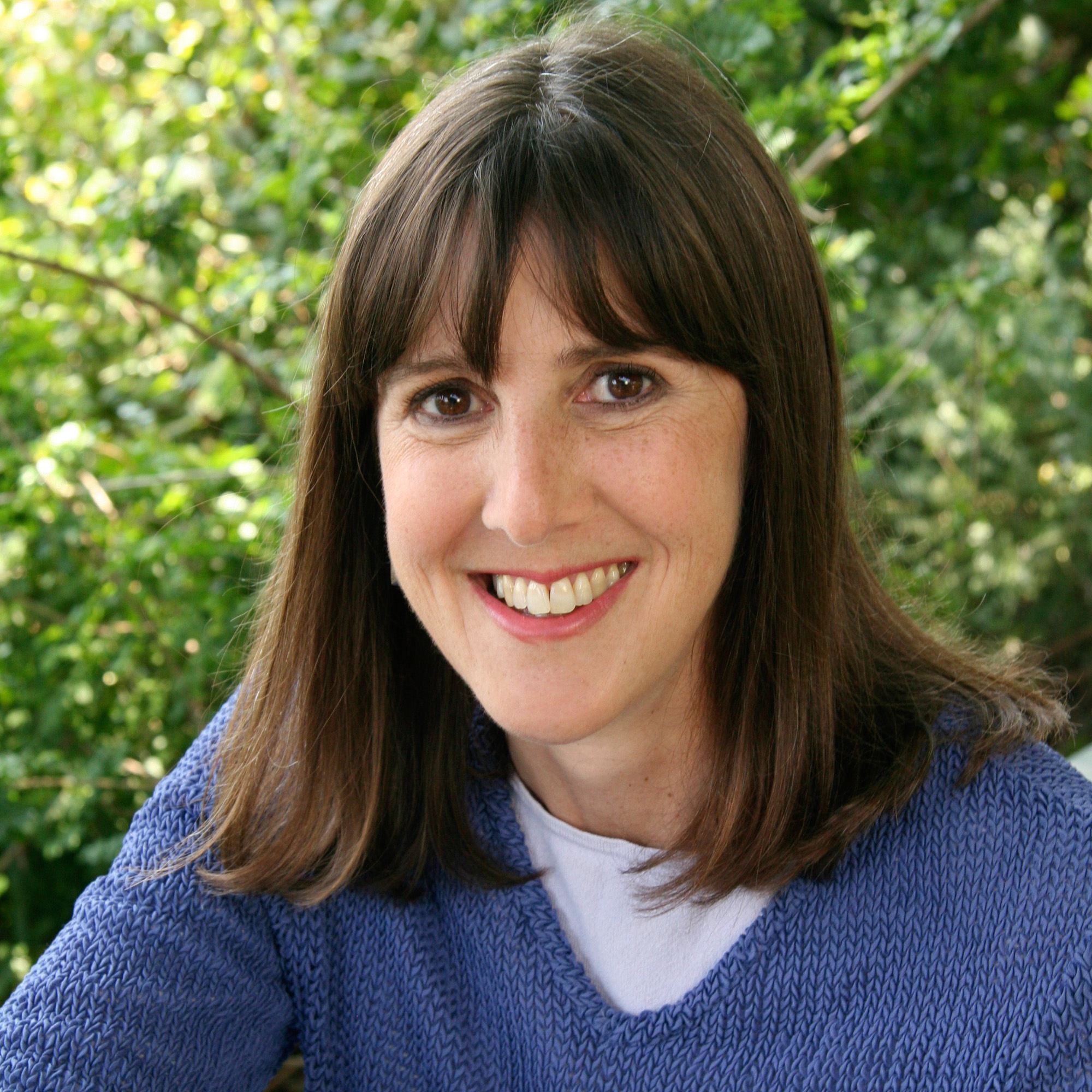On November 13, Paris was attacked. Unlike many other terrorist attacks, the American people spoke out, at least symbolically, by posting support on Facebook and other social media platforms. Watch the Huffington Post's beautifully edited interview with DSM Director and professor, Karen North, and red the Huffington Post's article (below):
Stephen Colbert Nails Why Paris Attacks Prompted Us All To Turn To Social Media
"Anything that is an attempt at human connection in the world right now is positive."
Kimberly YamAssociate Good News Editor, The Huffington Post
As news broke of Friday's attacks in Paris that left129 people dead and 352 injured, people across social media began posting messages and hashtags, like #PrayforParis, #JeSuisParis and #PeaceforParis, to stand in solidarity with those affected by the tragedy.
While some have criticized small gestures like these in the attacks' immediate aftermath, arguing that they don't actually inspire change, Stephen Colbert had something else to say about these simple acts.
The talk show host explained in his Monday night broadcast why any and all acts of kindness matter directly after a tragedy as monumental as the attacks.
"Anything that is an attempt at human connection in the world right now is positive," Colbert said, "Because who knows what to do?"
In the broadcast, Colbert, in his signature humorous fashion, brought up several simple acts of solidarity from people around the world. He revealed one social media user even expressed support for Paris by watching the movie "Ratatouille." These acts may not seem constructive, however he stressed that it's important to relate to those in Paris, especially when we don't quite know what to do to help.
"If it makes you feel a connection to the people of Paris, go drink of a bottle of Bordeaux," he said. "Eat a croissant at Au Bon Pain."
It may seem silly, but Colbert has a point. Directly after the attacks, when we're far from the location of tragedy, but can relate to the feeling of fear, we reach out via social media out of helplessness.
"It's too uncomfortable to sit there and do nothing," Gerald Goodman, a professor of psychology at the University of California, Los Angeles, told The Huffington Post. "People might ridicule you for doing something so silly, but it stems from an emotion of wanting to be connected, feeling helpless, then doing something about it."
In fact, we actually do put ourselves in others' shoes in times like this. According to Karen North, a communication professor at the University of Southern California who studies social media, these posts of support are genuine. We truly do feel a connection with those affected by the attacks.
“I did it for the same reason as many," North told the Washington Post, explaining her own supportive posts on social media. "That we actually do care for the strangers who were victimized and the others who were terrorized by this attack.”
After all, love and support is really what the world needs right now.
